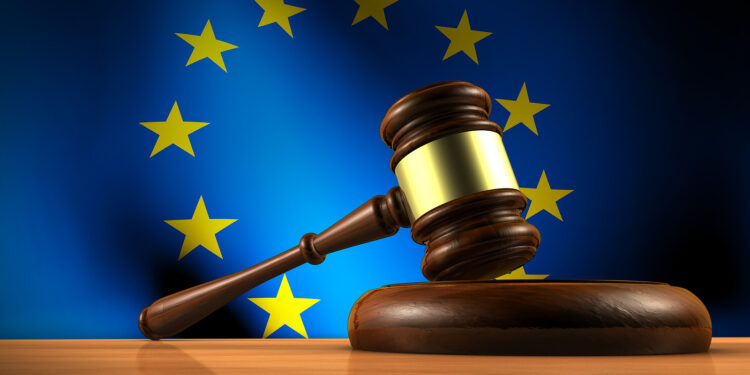In recent years, the European Union has positioned itself as a pioneer in regulating large technology companies such as Apple, Google and Meta. The Digital Markets Act (DMA) established clear rules for competition. But reports show that many of these efforts are currently stalling. The reasons for this seem to lie less in legal hurdles than in political developments - especially in the USA. A look at recent events shows how closely intertwined Big Tech and politics have become.
Apple has long been more than just a technology company. The company's products and services have become an integral part of many people's everyday lives. But with this market power comes growing criticism. Regulatory authorities around the world are trying to limit the dominance of Apple and other big tech companies in order to ensure fair competition and consumer protection. The EU has long been considered a pioneer in this area. But now the question is whether political interests are slowing down these efforts - and what that means for you as a consumer.
The Digital Markets Act: A Milestone in Regulation
For around ten years, the EU has been trying to curb the power of the big technology companies. Margrethe Vestager, who played a key role in these efforts as Commissioner for Competition, introduced one of the strictest laws in the world with the Digital Markets Act (DMA). The aim of the DMA is to strengthen competition and prevent possible market abuses. Companies like Apple must adhere to strict guidelines in order not to exploit their dominant market position. Violations can result in heavy fines.
Why punitive measures are currently stalling
But recent reports from the Financial Times suggest that these punitive measures are stalling. According to the information, many cases against Apple, Google and Meta are currently not being pursued. Although the technical investigations are ongoing, decisions and possible fines have apparently been put on hold for the time being. There are several reasons for this. Firstly, there is a change in EU leadership as many of those in charge have ended their terms of office. Secondly, it is suspected that the new Trump administration in the USA could try to reduce the pressure on Big Tech. A high-ranking EU diplomat explained:
It will be a whole new game when these tech oligarchs are so close to Trump and use that to put pressure on us.
Two other EU officials reported that regulatory decisions are currently awaiting political instructions. The EU has officially denied this. A spokesperson said that there were no delays due to political considerations. Nevertheless, the reports make it clear that the political situation in the US plays a role.
Apple and the EU: A relationship full of tension
Apple is particularly affected by this development. in March 2024, a fine was imposed of 2 billion US dollars against the company because it allegedly used anti-competitive practices with Apple Music. However, critics accused the EU of acting less for consumer protection reasons and more in the interests of the domestic provider Spotify. Other EU decisions, such as the obligation to switch to the USB-C port on the iPhone or the introduction of third-party app stores, were also criticized by Apple and other companies.
Global impact of regulatory measures
The entanglement of regulators and politics is also evident in the change at the top of the EU. Margrethe Vestager announced in August 2024 that she would not seek another term as competition commissioner. Observers suspect that many decisions were delayed in advance so as not to burden the new leadership. At the same time, Big Tech in the US is expected to benefit from a possible proximity to the Trump administration. This could reduce the pressure on companies like Apple. Despite these developments, the EU remains a pioneer in regulating large technology companies. While India and the US are preparing similar laws, the EU has set standards with the DMA. But the recent delays raise the question of whether political interests are undermining the actual goals of the law. Apple CEO Tim Cook has described some of the EU's decisions as "total political crap". The reality shows that the battle between governments and Big Tech is increasingly becoming a political power game.
Apple and the EU: An example of political entanglements
The current deadlock in the EU's regulation of Big Tech shows how closely political and economic interests are intertwined. Apple is a prime example of the challenges facing regulators around the world. While the EU claims to be acting in the interests of consumers, decisions such as the penalty against Apple Music are described by critics as politically motivated. For consumers, the question remains whether these regulations really lead to fairer market conditions or are merely part of a larger geopolitical game. One thing is certain, however: the influence of Apple and other technology companies will continue to be in focus, and the debate about regulation and political influence is far from over. (Photo by NiroDesign / Bigstockphoto)
- iPhone security flaw discovered: The problem with USB-C
- Gravy Analytics: Massive data breach reveals location data
- Apple and DEI: How Diversity Drives Innovation and Profit





